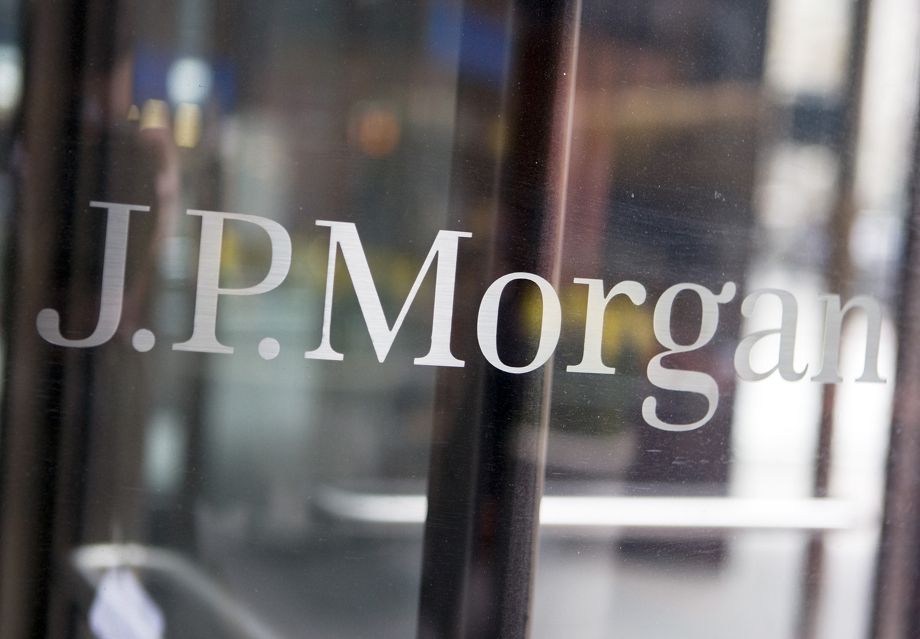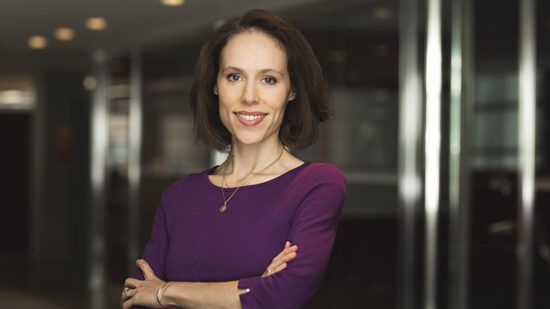JP Morgan has launched an investment research platform offering an ESG integration process based on financial and impact materiality, also known as double materiality.
The company has developed the ESG Discovery platform with ESG data vendor Datamaran and with input from JP Morgan’s equity research team.
Proprietary materiality assessment models have been constructed by the group based on data from corporate disclosures, mandatory regulations, voluntary policy initiatives and online media.
These sources provide signals on sentiment and anticipate which emerging topics are positioned to have an impact on financial markets.
According to Datamaran, the platform offers timely, high-quality information on material ESG risks and opportunities at both a company and sector level on an ongoing basis.
Functionality is split in to four main areas:
- Company profiles show materiality scores of 35 ESG themes for a specific company and as well as views on how the company manages most material themes.
- Thematic screening screens companies based on their management of a specific ESG theme across sectors.
- Sector analysis displays materiality of 35 ESG themes for a specific sector.
- Cross-sector analysis allows the investor to compare the materiality of 35 ESG themes across sectors.
Available to JP Morgan clients, ESG Discovery is intended to look beyond ratings to underlying drivers and make the asset manager’s work in this area searchable in one place through time.
Sophie Warrick, head of EMEA equity research and co-head of global ESG research at JP Morgan, said: “ESG Discovery will provide JP Morgan’s sector analysts with the unique ability to assess ESG issues according to a clients’ own ESG priorities, providing in-depth, fundamental and forward-looking opinions on ESG performance, which are increasingly important to our clients.”
She noted the use of a double materiality approach better serves clients’ needs by “addressing a broad range of ESG investment strategies, from ESG integration to impact investing.”
Datamaran’s CEO Marjella Lecourt-Alma also commented on the need for this dual perspective: “Looking at material risks from both a financial and wider sustainability perspective is becoming standard practice for investors and companies, and they both need a credible, robust and tech-enabled process to achieve that.”
This story first appeared on ESG Clarity Intelligence.








